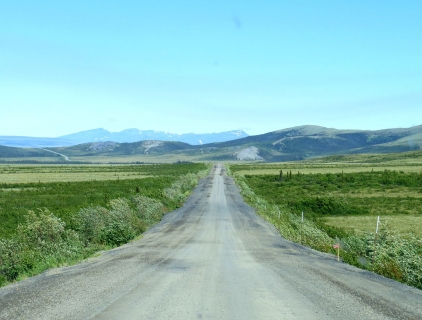Ville-Marie Weather and Climate: A Comprehensive Guide
Ville-Marie experiences great temperature shifts.
The city's weather can transition from warm days
to very cold weather.
It receives mid-range precipitation levels.
Now, let’s break down all the climate details for a clearer picture.
Average maximum day and minimum night temperature
The climate in Ville-Marie is known for significant temperature differences throughout the year, making the weather dynamic. Average maximum daytime temperatures range from a comfortable 25°C in July, the warmest time of the year, to a very cold -8°C during cooler months like January.
At night, temperatures typically drop to an average of around -18°C during these months.Check out our detailed temperature page for more information.
Temperature ranges by month
Precipitation and rainy days
Generally, Ville-Marie receives mid-range precipitation levels, with 955 mm annually. While rainfall varies throughout the year, each season offers its own charm. September brings wetter days averaging 106 mm of precipitation, spread over 14 rainy days.
In contrast, February experiences a drier climate, with about 54 mm of snowfall spread across 11 snowy days.The mean monthly precipitation over the year, including rain, hail and snow
Forecast for Ville-Marie



Select a Month of Interest
Check the conditions for any month of the year.
The best time of year to visit Ville-Marie in Canada
During the months of June, July and August you are most likely to experience good weather with pleasant average temperatures that fall between 20°C and 26°C.Other facts from our historical weather data:
The coldest season / winter is in the following months: January, February, March and December.
July has an average maximum temperature of 25°C and is the warmest month of the year.
The coldest month is January with an average maximum temperature of -8°C.
September tops the wettest month list with 106 mm of rainfall.
February is the driest month with 54 mm of precipitation.
No idea where to travel to this year? We have a tool that recommends destinations based on your ideal conditions. Find out where to go with our weather planner.



